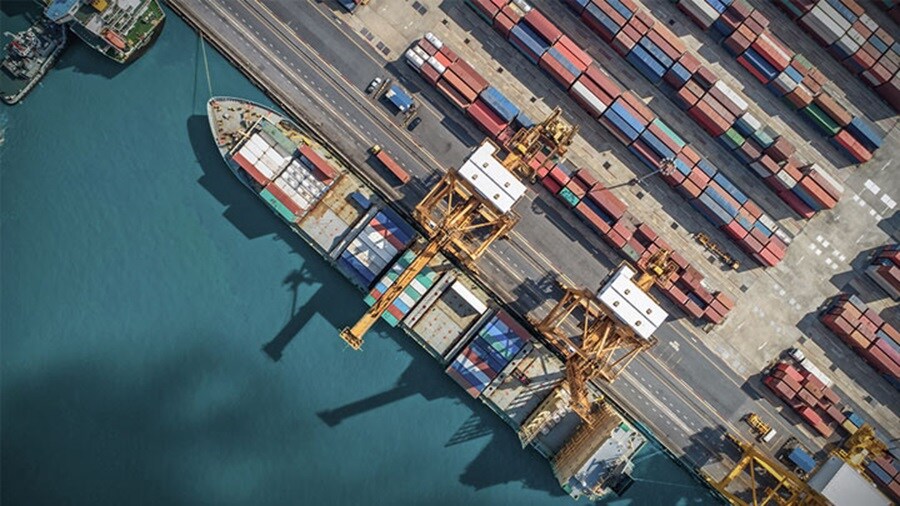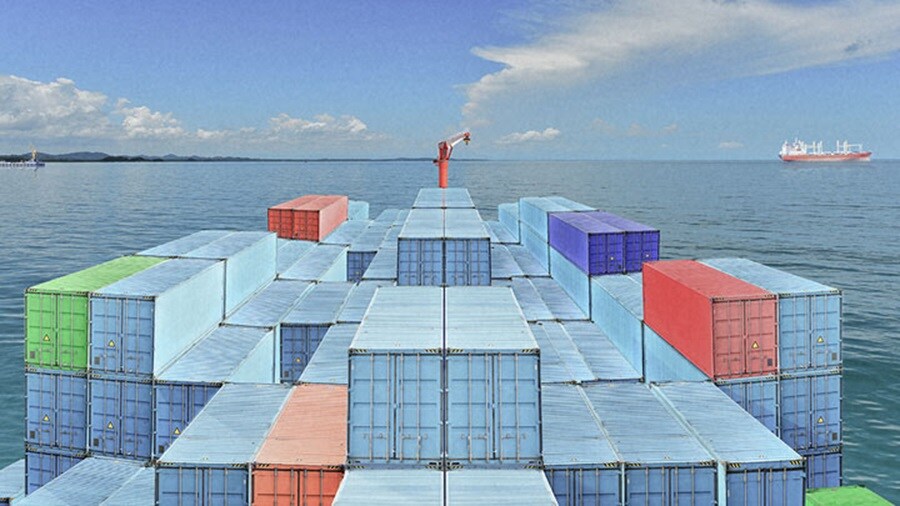Sustainability in retail encompasses a complete process, from product manufacture to store distribution. Due to their habits and mindsets, contemporary consumers expect more from the products they choose to purchase, and they are willing to pay a higher price to ensure that said product supports a sustainable cause.
"In 2020, 59% of the world population were millennials , and by 2025, "
These two points compel the market to centre on the consumer habits of millennials who not only demand more from their products but also the packaging, ideology, production and logistics.

How does the supply chain participate in sustainability?
Supply chain sustainability is based on the process in which the products reach their stores and sales points, particularly through a reduced carbon footprint regarding the means of transportation.
6 out of every 10 millennials are willing to pay more for green and sustainable products. The same rings true for .
This represents a great opportunity for retailers to become the first sustainable providers and contribute to the environmental effort by enhancing the procedure that brings the products to the stores.

The regulatory side of sustainability
Most of the sustainability in retail relies not on products but their logistics chains. One of the 2030 agenda objectives is .
“ continue to rise and are now 50% more prevalent than in 1990.” This will dictate the upcoming regulations for goods transportation within the global economy, in Latin America and the rest of the world.
An example is written in the “Policies, Regulations and Strategies for Latin America and the Caribbean to Prevent Ocean Waste and Plastic Residue” by the UN. Said document details the strategic plans and commitments from Latin American countries to fight global warming.
While this example centres on products, American and European trends such as the Paris Agreement are gaining more attention as they suggest the solution to observe the supply chain of finished and exported products, which tends to produce an alarming amount of carbon gases.

How can retail benefit from this phenomenon?
The opportunity to advance and adopt sustainability in the logistics chain before the UN regulations for the region are set is vital for retailers and their providers to have a competitive advantage.
Maersk has chosen to lead the change within the industry towards a carbon-neutral future. This change requires action, and our decarbonisation commitments are firm and clear: a relative reduction of 60% of our CO2 emissions by 2030 compared to our 2008 levels, green ocean vessels by 2030, and net-zero emissions in our operations by 2050.
To learn more about the retail industry trends, download our e-book Digital Transformation in Retail through the Supply Chain.
无论您需要什么,东升国际 都可以随时为您提供帮助
提交此表,即表示我同意通过电子邮件接收 A. P. 穆勒-东升国际集团及其关联公司接收物流相关东升国际 和营销信息更新。我了解我可以随时通过点击退订链接,取消接收此类东升国际推送信息。如需查看东升国际 会如何处理您的个人信息,请查阅。

